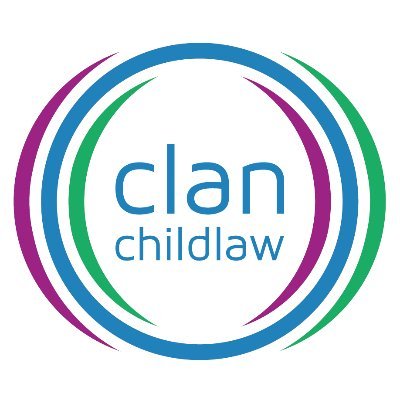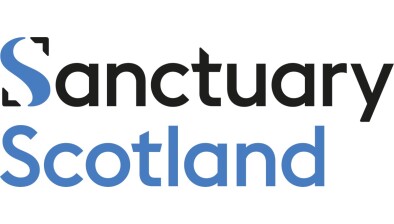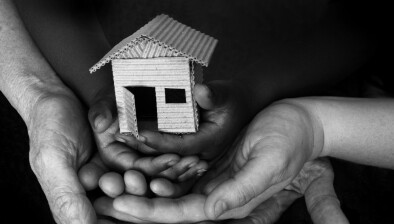Clan Childlaw: Proposed changes to homelessness legislation a cause for concern

Clan Childlaw, Scotland’s law centre for children and young people, has highlighted concerns about proposed changes to homelessness legislation.
The Scottish Government is currently working on new laws aimed at preventing homelessness. They aim to strengthen housing rights and prevent homelessness through earlier interventions. While Clan Childlaw welcomes the intention to prevent homelessness, we are concerned that the proposals – if translated into law as outlined in the Preventing Homelessness in Scotland report - could represent a serious loss of rights for 16- and 17-year-olds who are experiencing, or at risk of, homelessness. We outlined our concerns in response to the recent Prevention of Homelessness Duties Consultation.
In our view, the proposal that relates to 16- and 17-year-olds has not given enough consideration to children’s existing rights. We are disappointed that the proposal for 16- and 17-year-old does not include measures to strengthen implementation of children’s existing rights, including their housing rights, as a way of preventing their homelessness.
Under current legislation, 16- and 17-year-olds who are homeless, or at risk of becoming homeless, have two different ‘safety nets’ to prevent homelessness. Firstly, they are entitled to accommodation from social work when they need it, and if they agree to being looked after by the local authority. These children might live with a foster carer, a kinship carer, or in residential care. If a 16- or 17-year-old does not need, or want, to be in a care placement, they are able to make a homelessness application to the local authority. The local authority must then provide them with suitable accommodation. Depending on the needs of the young person, this might be supported accommodation or their own tenancy.
The proposal is to change the law so that it would become much harder for 16- and 17-year-olds facing homelessness to make an application to the local authority to get emergency accommodation and their own tenancy. Instead, all under 18s would be diverted to a social work assessment, which would be a requirement before they were able to make a homeless application. As lawyers for children and young people, Clan Childlaw regularly works with children who are facing homelessness. For many young people, being looked after and accommodated is a suitable way of preventing homelessness. However, our experience tells us that many 16- and 17-year-olds facing homelessness do not want or need to be taken into care. We are concerned that, under the new proposals, there is a risk that children who need help with homelessness might actively avoid seeking help in order to avoid social work assessment and the offer of a care placement instead of housing. By removing or delaying access to permanent accommodation, the proposals represent a regression of rights protections for this age group and risk breaching the United Nations Convention on the Rights of the Child (UNCRC).
Clan Childlaw believes that existing legislation already provides children and young people in Scotland with strong housing and homelessness rights, as well as the right to be looked after and accommodated by social work if appropriate. The issue is not the adequacy of current legislation and guidance, but a failure to implement the legal duties already owed to 16- and 17-year-olds by local authorities. The proposal in relation to 16- and 17-year-olds does not address this issue or recognise that this failure to implement existing laws is a challenge to preventing homelessness for children. The right to apply as homeless and the right to housing must be secured for all children to prevent homelessness for 16- and 17-year-olds. The focus must be on providing a comprehensive programme of support, training and resource to implement and uphold the existing housing and social work rights of 16- and 17-year-olds in Scotland.








